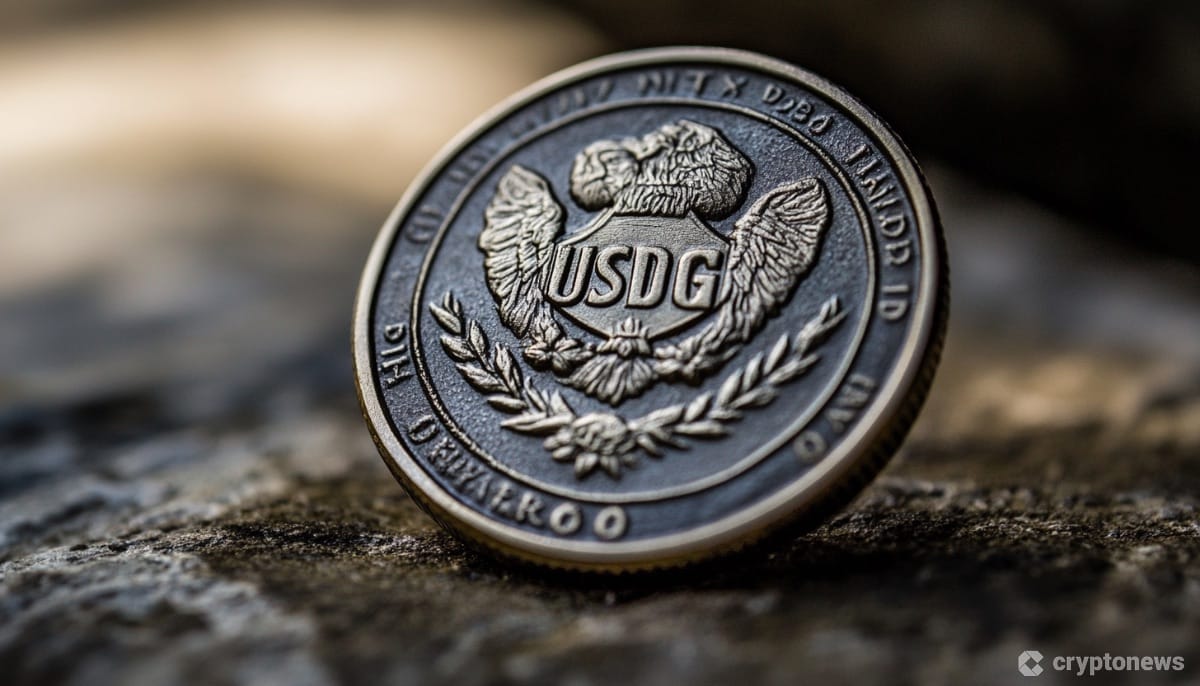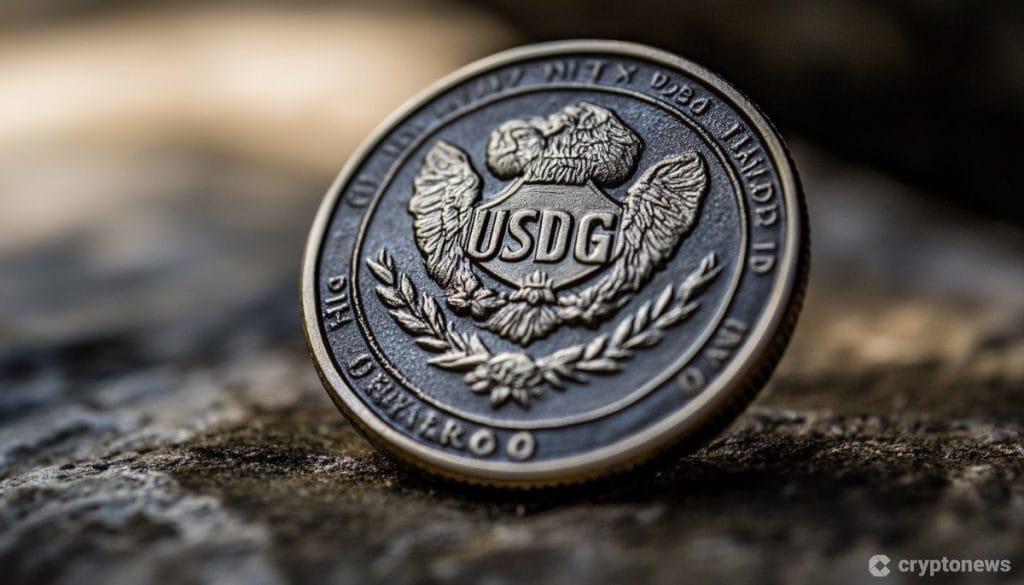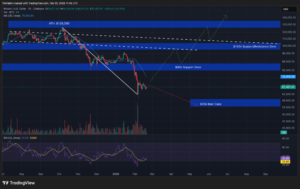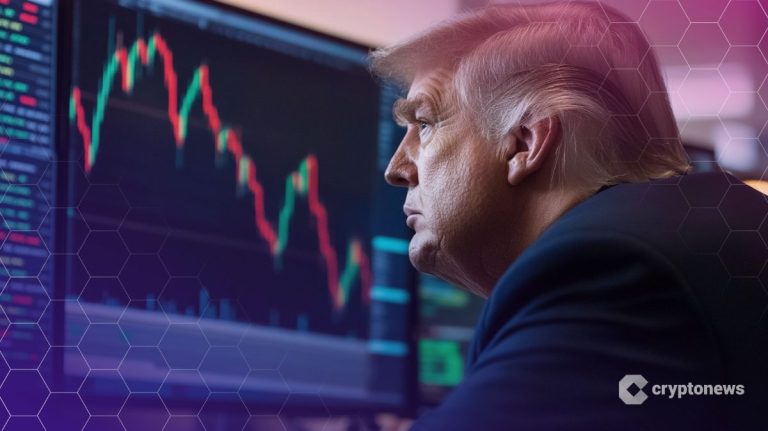Last updated:
 Why Trust Cryptonews
Why Trust Cryptonews

A consortium of crypto heavyweights has launched a joint US dollar-pegged ‘USDG’ stablecoin, forming a network to boost its usage globally.
Announced Monday, the initial partners include fintech and crypto firms Anchorage Digital, Bullish, Galaxy Digital, Kraken, Nuvei, Paxos and Robinhood.
These partners will be backing the regulation-focused stablecoin, the Global Dollar (USDG), issued out of Singapore by Paxos. USDG, currently available on Ethereum, aims to return yield earned on its reserve assets to those who help accelerate adoption.
USDG is compliant with Singapore’s central bank’s upcoming stablecoin regulatory framework.
The consortium has introduced Global Dollar Network to foster global stablecoin adoption and promote the yield-sharing asset. Per the release, the network has invited additional leaders across sectors to join and support innovation in global money movement.
According to Charles Cascarilla, CEO and Co-Founder of Paxos, anybody can join the network and accrue rewards.
Arjun Sethi, Co-CEO at Kraken believes that the lack of competition in the regulated stablecoin market has prevented the industry from reaching its full potential.
“USDG upends this dynamic with a more equitable model that will bring mainstream participants into the ecosystem and accelerate new stablecoin use cases.”
Further, one of Southeast Asia’s largest financial giants, DBS Bank, will serve as the primary banking partner for cash management and custody of USDG reserves.
How USDG Differs From Other Stablecoins
Tether, the issuer of USDTstablecoin, and Circle, which issues USDC stablecoin, largely dominate the stablecoin market. According to data from CoinGecko, the two giants account for nearly 90% of the total stablecoin market capitalization.
Additionally, these stablecoins retain all the interest from reserves. However, the income generated from the USDG’s reserves are shared among participants. This is based on the ways these companies create liquidity, Cascarilla told CoinDesk in an interview.
That said, different participants could be rewarded in different ways and “that’s actually what makes a thriving ecosystem.”
“The way we have set this up is that the participants are being rewarded for activity that helps grow the utility of the network.”



















